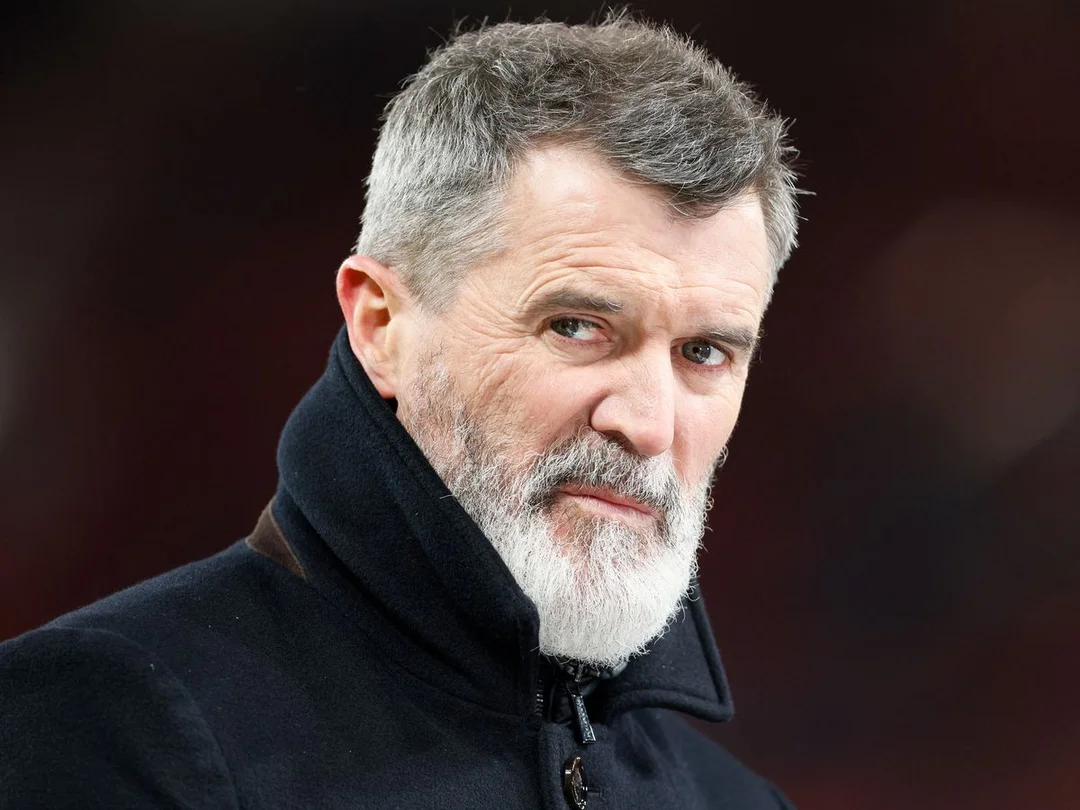
Two Decades of Discord: Have Manchester United Fans Learned from the Glazer Era?
The Glazer family’s controversial ownership of Manchester United reached its 20-year milestone this week, raising questions about its impact on the club and its fans. This polarising tenure has evoked fierce protests and impassioned debate among supporters, who have often felt their voices have been ignored.
The Glazers first arrived at Old Trafford in June 2005, amid a storm of disapproval from the fan base. The scene was chaotic, with dedicated supporters already demonstrating their opposition by displaying banners and chanting slogans against the family's ownership. This early backlash set the tone for their era in charge.

Despite enjoying unprecedented success under their rule—five Premier League titles, a Champions League trophy, and multiple domestic cups—widespread dissatisfaction has overshadowed the achievements. Former club captain Roy Keane has pointed out the disconnect between success on the pitch and the perceived decline in the club’s values. In his autobiography, Keane revealed how he financially benefitted from the Glazers’ takeover through shares included in his contract, noting, "From the players' point of view, it didn’t bother us too much." Yet, his support for the Glazers has waned significantly over time.

Keane's comments reflect a growing sentiment of disenfranchisement among fans. The declining fortunes of the club and the Glazers' persistent loading of debt—totalling over £1 billion since their initial acquisition—raise alarm bells about the current direction of Manchester United. Protests manifested in various forms, from the green and gold movement back in 2010 to the passionate clashes witnessed in recent seasons.

The Glazers’ ownership epitomises a broader crisis within football concerning accountability and ownership ethics. Their model of financing—a leveraged buyout—has not only shaped United's policies but remade the landscape of sports ownership in England. However, is there hope on the horizon? Communications have slowly improved between the fanbase and the board since the days when communication was virtually non-existent. The recent partial acquisition of Sir Jim Ratcliffe may signal a shift in operation, but the fundamental issues remain.
As the club grapples for stability, the question arises: have lessons truly been learned from this turbulent era? Manchester United's faithful supporters find themselves at a crossroads, confronting continuing challenges while seeking to reclaim their voice and preserve the heritage of an institution that once stood as a beacon of success.
Reflecting on two decades of Glazer ownership, the solidarity found among fans protesting the erosion of their club’s identity speaks volumes. How will supporters engage further as the future unfolds? Will they continue to demand accountability, or will the lure of success overshadow ethical concerns? Your thoughts are welcome—join the conversation.